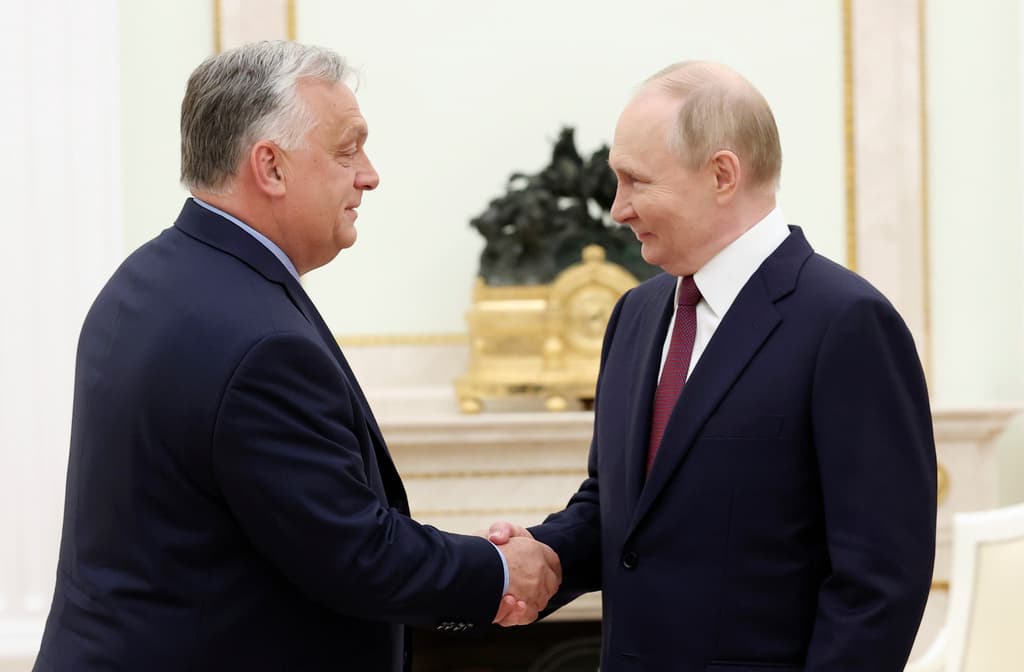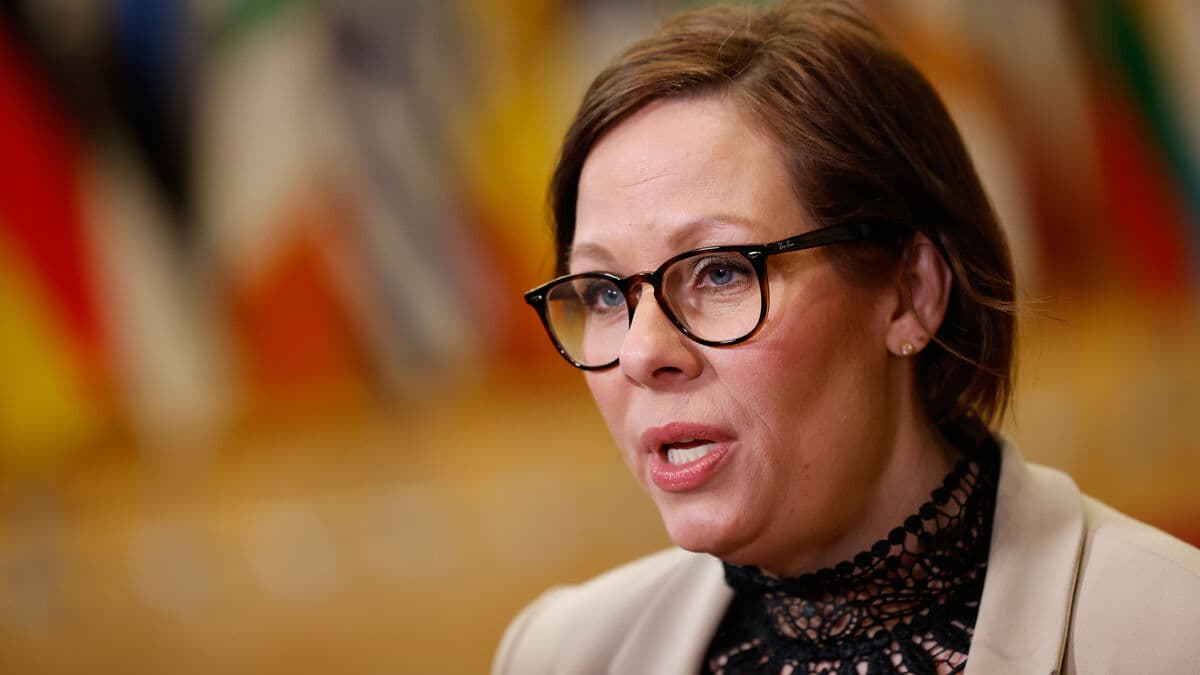Dissatisfaction with Hungary is brewing in the EU, just over a week into the country's presidency of the Council of Ministers.
Threats of both warnings and boycotts are now being made.
Prime Minister Viktor Orbán quickly traveled to Kiev when Hungary took over the EU presidency on July 1. Finally, many of his EU colleagues thought about the trip, considering Orbán's and Hungary's Ukraine-skeptical stance and persistent resistance to providing military assistance.
But when Orbán then continued on "peace trips" to Moscow and Beijing, the irritation grew even greater. And when he now also reports on his conclusions from there, in a letter to Council President Charles Michel, the sighs are even heavier.
Russian views
In the letter, which has leaked to, among others, the news site Politico Europe, Orbán presents obvious Russian views that time is on the side of the Russian forces and also Russian claims of enormous Ukrainian losses.
Sharp criticism is now being voiced as EU countries' ambassadors gather – under Hungarian leadership.
Many EU countries will share their deep and broad dissatisfaction, says an EU diplomat to the AFP news agency.
We want to give him a "yellow card" and say that we see through his game, says another.
Boycotting meetings
Various EU parliamentarians and independent organizations have urged other EU countries to terminate Hungary's presidency prematurely and let Poland take over already this autumn, rather than from January 1.
Such a drastic measure is considered unrealistic, at least for now.
Instead, several EU countries are choosing to mark their disapproval by only sending officials to several of the informal ministerial meetings that Hungary is arranging in Budapest this July.
As the presiding country in the EU Council, Hungary is arranging a series of informal ministerial meetings in Budapest this summer:
8–9 July: Trade and Industry Ministers
11–12 July: Environment Ministers
15–16 July: Energy Ministers
22–23 July: Home Affairs and Justice Ministers
24–25 July: Health Ministers
28–29 August: Foreign Ministers
29–30 August: Defense Ministers






